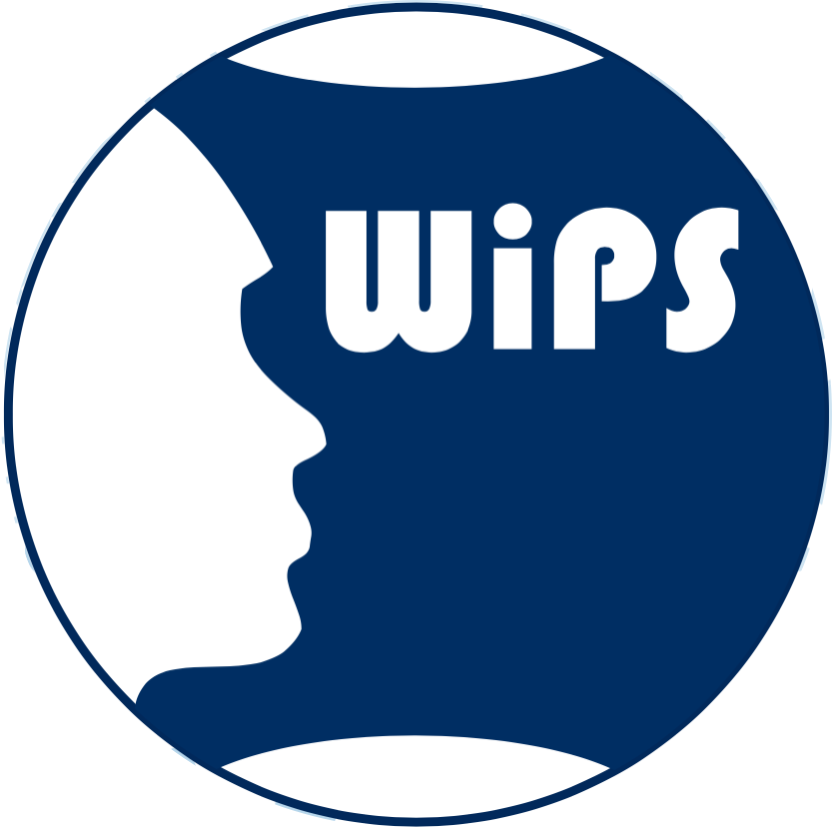Meredith Nash, PhD
KPMG Banarra (Australia)

Meredith, in dark blue and black polar gear, stands at elevation, with sea, a glacier and rock behind and below her. Snow is swirling around.
What’s the work that you do?
After a long academic career as a cultural sociologist focusing on building inclusion in polar fieldwork, I’m now working as Director – Human Rights and Social Impact at KPMG Banarra. Our team advises business on how to manage social risks. I lead the sexual harassment service line with a focus on sexual harassment prevention in male-dominated workforces and especially in extreme environments (e.g., Antarctica, mining, space, military, etc.).
What keeps you going?
I feel lucky that I can bring my love of Antarctica and subject matter expertise on remote/extreme fieldwork to new audiences in a range of contexts related to workplace sexual harassment as a consultant. I care deeply about sexual harassment prevention. This is an exciting new chapter of a career focused on addressing gendered inequalities in everyday life from multiple angles and always with the voices of women and girls at the centre of everything that I do.
What’s your message to the world?
We are at an important cultural moment where legislation, coupled with changing cultural attitudes to sexual harassment (in many countries), means that we have a once in a generation opportunity to address sexual harassment meaningfully in polar fieldwork. Investing in psychologically and physically safe working environments is an urgent priority for National Antarctic Programs. I feel hopeful that we can make meaningful change for current and future generations of polar women.
Organisation: KPMG Banarra (Australia)
Nationality:
Australia
Disciplines:
Connect:
